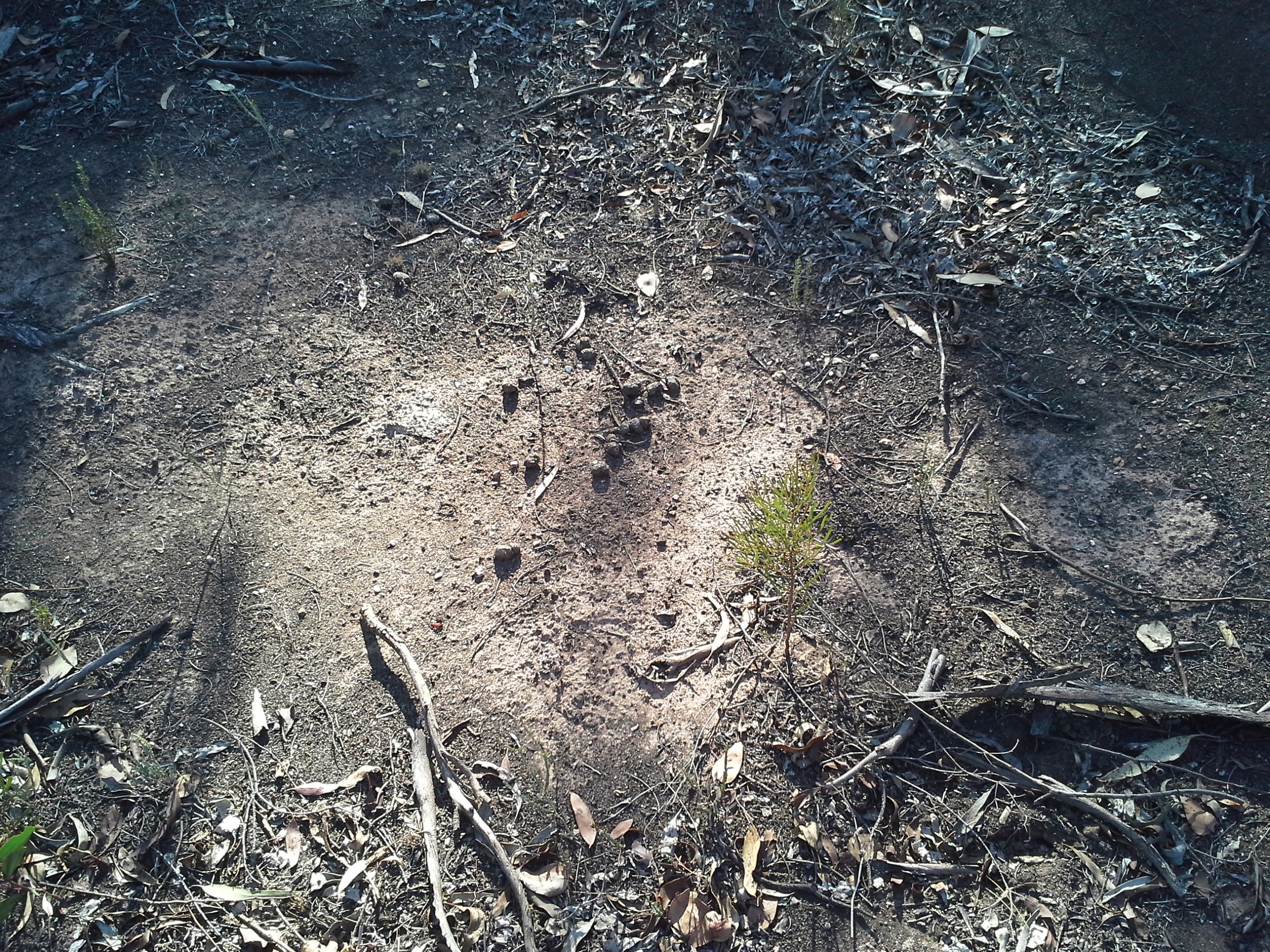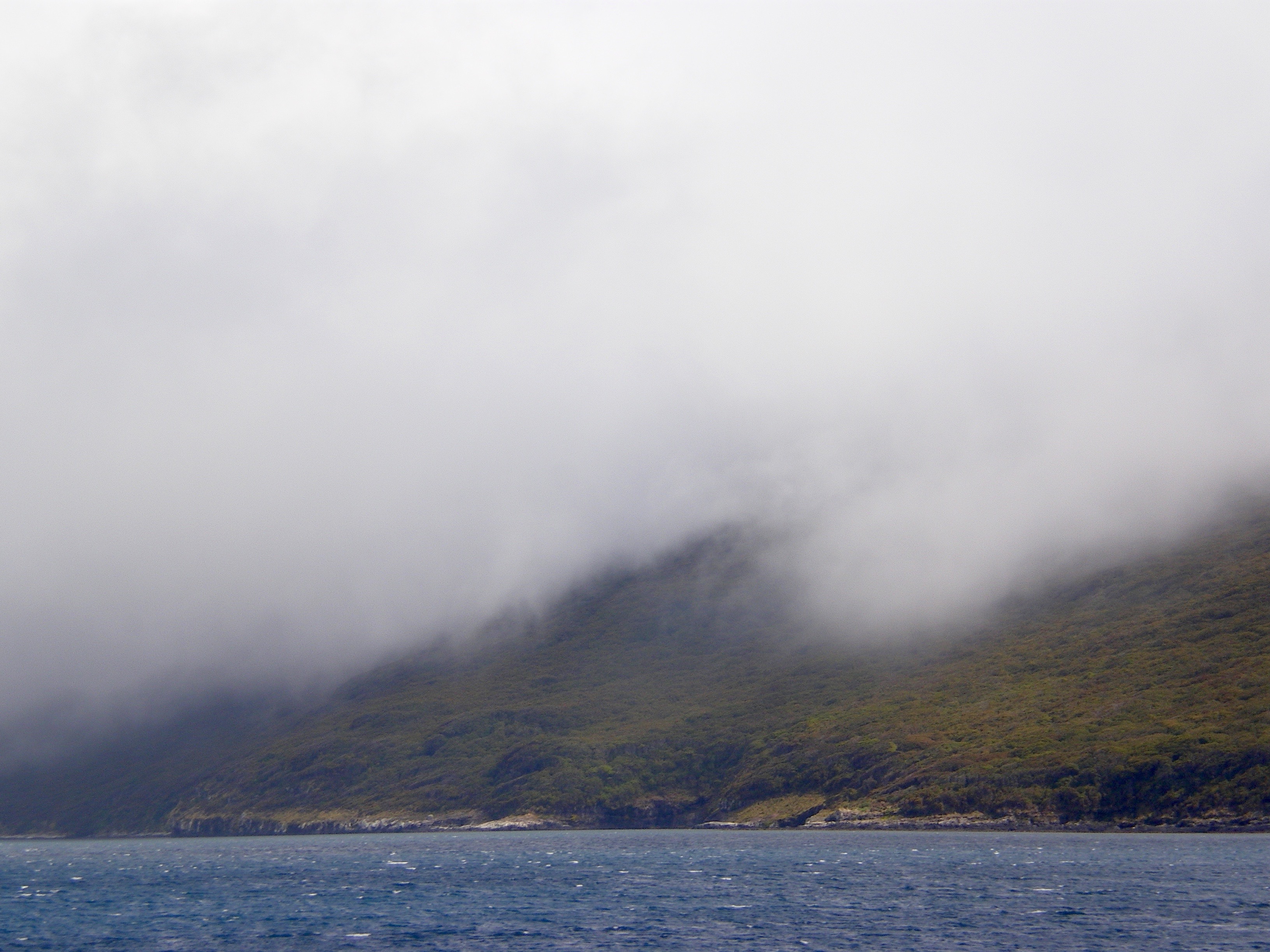Philip Neilsen, Wildlife of Berlin, Crawley, Western Australia:UWAP, 2018. ISBN: 978-1-74258-961-9
Thriveni C Mysore
Differentiating between the philosopher and the poet, defining poetry, George Santayana says that
the philosopher in his best moments is a poet, while ‘the poet has his worst moments when he succeeds in being a philosopher.
Poetry is an attenuation, a rehandling, an echo of crude experience; it is itself a theoretic vision of things at arm’s-length … The first element which the intellect rejects in forming its ideas of things is the emotion which accompanies the perception; and this emotion is the first thing the poet restores. He stops at the image, because he stops to enjoy … Poetry takes every present passion and every private dream in turn for the core of the universe.’ (in Mais 1921, 71–72)
The poetry of Philip Neilsen in his sixth collection, Wildlife of Berlin, confirms the above definition. The poet restores emotion, reconnects the reader’s senses to Nature, reconnects the human world’s disillusioned senses to Nature, and reconnects humanity to humanity.
Wildlife of Berlin is not about gradient ecosystem or the flora and fauna of Berlin, it is about human sensibilities. It is all as said in the poem, Marienplatz – Munich: ‘exclamation marks without a sentence’. (12)
It is astounding to read the lines:
the old collaborator launched lawyers
at those who copied his design,
though even this Bavarian sky
is a forgery from the east.
(12)
The depth in reading about the Museum of Hunting ‘studded with antlers and heads, the floors patrolled by brown bears, wolves and a lynx, their Waldgeist stolen by some taxidermist’ is profound with many tangential meanings, political and otherwise. It ends with razor-sharp words, ‘no regrets’.
Concerning the second poem in the Wildlife of Berlin, the poet’s ‘Notes’ speak about the atrocities at the end of World War II. It is a brutal, in-human and a very wild chapter in the history of humankind. The poem begins slowly:
The documentary tracks badgers, follows foxes
in their mellow tunnels and silver dawns,
the delicate relocation of a bee swarm,
the nattering flutter
of squirrels, bats and swifts.
(14)
Unmistakable badgers, foxes, tunnels, silver dawns, bee swarm, squirrels, bats and swifts carefully keeps the poet’s mind within silken folds and that itself is poetic genius. It is not simply a tendency towards expressing the impossible, it flows unerringly as:
Like a compliant snow drift, white swans break and bunch
under a humped bridge. The voice-over confides with a chuckle that
‘the authorities turn a blind eye to Berliners feeding bread to the swans’
as they might have done to women
who hoarded bread, or rope to hang themselves
(14)
‘There is no seasonal triumph of nature to see’, says the poet ending the poem poignantly:
except children sifting rubble for scraps of pigweed
or boiling bark for tea.
(14)
A poem, so abruptly landing on all fours startles the reader. Helplessness and guilty shame become the punctuation here and the poet’s thoughts are driven home successfully.
Quoting Denever Holt: ‘If climate change results in habitat changes and it effects the lemmings, it will show up in the snowy owls because 90 percent of their diet is lemmings. The owls are the key to everything else’, the poet picks up, ‘Snowy Owl’ with deliberate observation:
You know everything
white face of the world
even in flight you see a fox’s whiskers
can hear a mouse twitch
three feet under snow
so what a cacophony we must be
even on days when we catch ourselves
and try to stay still.
(31)
The poet’s warning of near fatality through careless humans is unforced. Nothing at all can ever reverse the changes in Nature brought about by human actions. No satellites, forecasts, warnings, mappings can stop the ice from melting. It is more of ‘mass sacrifice’ than the poet’s ‘mass suicide’. The remedies suggested are tragic and truthful:
Homecoming, dark specks tracked from above,
rodent and human mingled
in the Arctic melt.
Unless, though snow blind,
we too can be stealthy,
alert as a mouse’s eye.
(31)
This dignified flow continues to pick up pace in the poem, ‘Auspices’:
Our skies are less auspicious now,
we glance up as heaven slips away
resist the earth pull
try to knit patterns of escape,
clay terrestrials
bullied by the unknown.
(32)
The poet spreads out the chess-board in front of the reader giving all the time in the world to think about the next move. The efficiency of the poem now is judged not by word play, but by its ability to sort out essential from unessential, to infer, to discriminate, to weigh, and then apply to the situation in hand. The anxious poet says:
If only a million wings could filter
the sun, cool the ocean currents,
soothe the space dome,
that mad cracked cap.
The geese have their own prediction.
(32)
Increase in UV radiation, global rise in temperature, ozone tear, confused migratory birds, nearing extinction of species of birds and animals is said without hesitation and it is this power of true conviction that urges the reader to recognise the present rough-shod eco-situation. Blurting out the list of problems is not itself a solution, it has to be sought out. The repercussions of our actions are reflected to infinity and scattered in each degree of rotational motion of Earth. Strangely enough, it is among these renditions – like poems – that truth manifests. Tenderness and Pity combine in equal proportions bringing out a rare poetic quality of hurried correction in Neilsen’s poetry. The poem, ‘Tawny Frogmouth’, portrays ghastly complexities of human action towards the once balanced ecosystem:
Introverted cousin of the owl,
one part existentialist
one part backyard Buddha
meditates until it
becomes the branch, the mottled bark.
(34)
As it calls for a mate through stationary nights of August, the poet says it was unsuccessful the previous year pointing to the dwindling populace and it is with sad response that a reader faces these lines:
Last year you called until October
but no one came, plunging our house
into pathos. You offered a lifetime of fidelity
and even that was not enough.
So intent on blending in,
camouflage too perfect, or too rough,
a heart and lung of twigs.
(34)
Shining real in poetic form, the poem ends by playing on haunting loss in high pitch giving much intensity to pathos, pointing out yet again the roughness of heart and lung figuratively compared to twigs.
The poet re-enters again with another haunting poetic melody with ‘Pied Currawong’. Never giving a chance for the reader to sit in the vacant seat by his soulful side, the poet picks-up a handful of tincture:
The poster bird for evolution
clatters on a tin roof of dawn,
narrates from the bony blue gum.
It is a story about the 1960s in Sydney,
how it learned to pierce
milk bottle tops and siphon the cream.
(35)
It is with horrid significance that the poem ends:
the birds learn new tricks
having foreseen our absence.
(35)
It is the reader who bears the weight of these words about the gone glass of protection, breeding of flotilla of plastic and the spoiling of ocean, the poet’s words chill the spine and the point is made with clinical precision. A thought crosses the reader’s mind, ‘our absence; From? How?’
The poem, ‘Noisy Miner’ helps us to understand Nature in all political correctness:
Anthropocentric miner has vulgar manners,
always insists on the right of way. Known by
the first people as cobaygin, then chattering bee-eater,
the noisy miner, black hooded,
gang loaded, is a pragmatist.
(38)
When such ‘miners’ – honey eaters – drive away Silvereyes, Sparrows, Finches, ‘Colonisation is its pulse’ strikes a note with the impeccable sharpness of UHF note, but then:
It looks into a rain puddle,
pecks at the yellow eyes and beak,
trusts in belligerence to bully death,
the hunched fur, over there under grevillea.
(38)
The poet cuts through general circumstances, yet, says something else. Again the reverberations of survival, death, hunch, belligerence, colonisation, anthropocentric miner … continue to stay in the mind of the reader.
‘Superb Fairy Wren’ stretches in action without busy-ness, ‘The Eastern Whipbird’ stares at nothingness, the first painted bird, ‘The new Holland Honeyeater’ is dizzy with fructose:
Dizzy with fructose he has a vision,
of sweet spinning, bush to bush,
feathered, territorial, monogamous,
which cleanses him of the gun powder,
blood and shit of his military days.
(41)
The soulful poem re-paints the challenge in the joy of being.
‘Red-capped Robin – Long Pocket, Indooroopilly’ begins with something as commonplace as ‘parking cars’, but progresses meaningfully creating magic, thrill and a sense of beauty in the reader not forgetting to leave a taste of sympathy, ugliness of human tendencies and peculiar pain somewhere down the guts. After all, sadness underlines happiness, always fading-in later than never. If that surety sinks in, then the phantom of inconsistency never crosses the reader’s mind, but to evoke such a resolute emotion, there needs tranquil dignity and responsibility on the poet’s part and that is skillfully taken care of by Neilsen in Wildlife of Berlin.
‘Queensland Haiku’ says:
Salted earth kills crops:
pig-headed, we tell this sharper sun
to make fruit from dust.
(93)
Polluted earth that has turned the all-essential soil to some sort of by-product of acid has stopped her support to human life subtly. It is her way of protesting. The unfavourable green life is linked to all climatic changes, the ruptured zones, melting ice and forest fires, too. Unfortunately the invisible chain link of Nature is unseen by insensitive human eyes. The dumbness of human life is exposed by the poetic words, ‘to make fruit from dust’. This pig-headedness is as clear as a stone-tablet written in bold letters, yet apathy sneaks into human tendency to notice it. Such poetic fluorescence is again seen in the poem, ‘The Dead are Bored’:
We the dead are bored with your concerns,
your endless talk on social media about food and pets,
…
Listen, there is not magic in this prophecy:
when the rhino is gone
and clumsy birds mop the plains
you will see there your own remains.
(94)
The poetry in Wildlife of Berlin thus flows deeply, disturbing the imaginary peace of mind in an engaging way, making one murmur in sympathy. Freshness of approach in poetic devices, too, makes a coherent impression on the reader, to keep one’s opinion aside and to go with the poetic flow of thoughts at once. Such effect can be made possible only when the poet is true to his feelings and Philip Neilsen compels any reviewer to congratulate the poet first and then move on with any other observations.
Wildlife of Berlin has depth, sanity and distinct perfection. The half-learned world often amused by imaginative apathy rudely awakens to Neilsen’s poetry, for each poem in the anthology reaches a serene height of detached interest and completes itself, quenching poetic thirst.
Reference
Mais, S. P. B. 1921. Why We Should Read. London: Grant Richards. Project Gutenberg Ebook #41285. Released 2012.
Thriveni C Mysore is a science teacher from Karnataka, India. She is locally acknowledged for her critical essays and articles on Philosophy and Education. Her books in Kannada on Philosophy and Science have won State awards. Being actively involved in Environmental Awareness Programs, she holds lectures and presentations for students. Amidst life’s complexities, she finds divine-solace in reading Nature poems.















